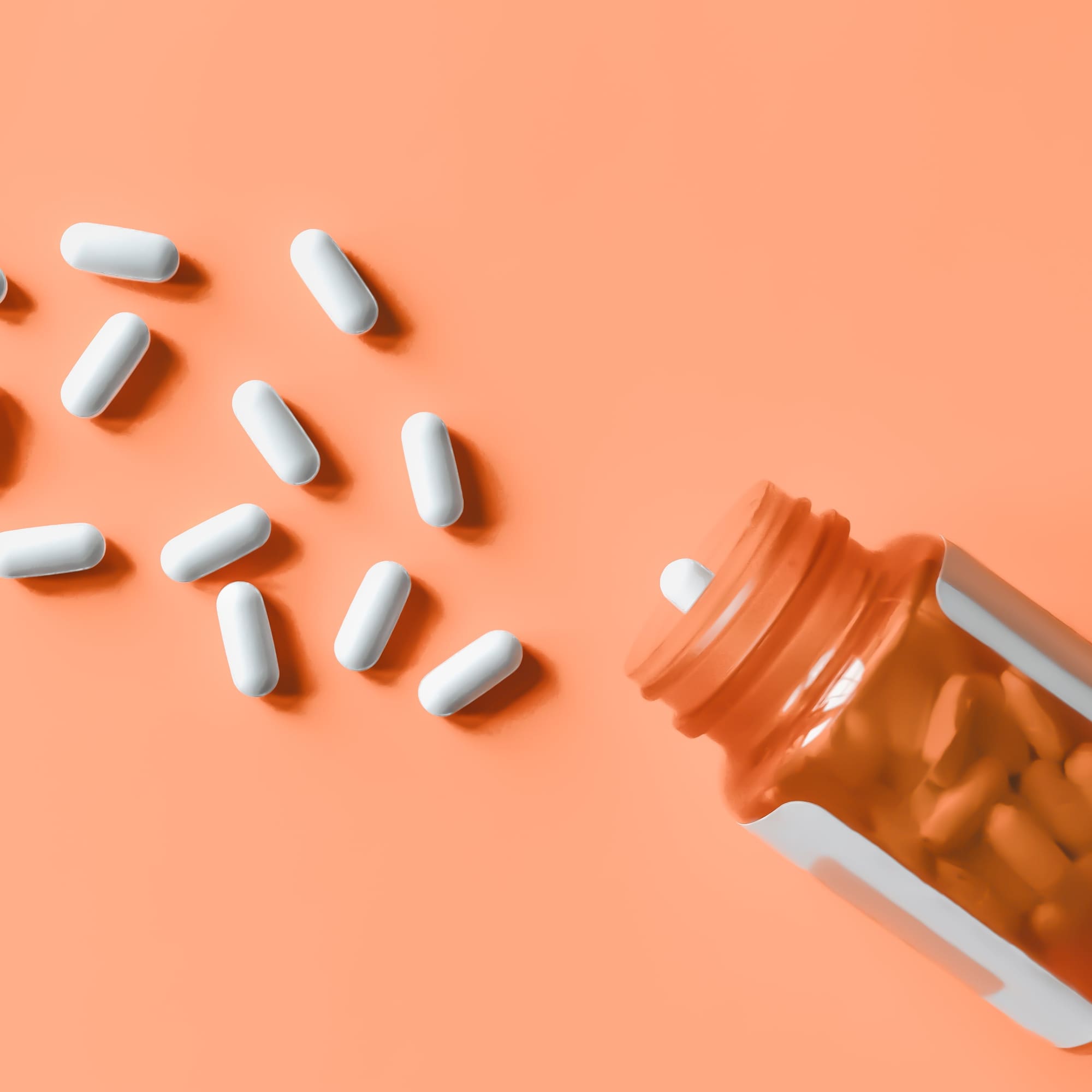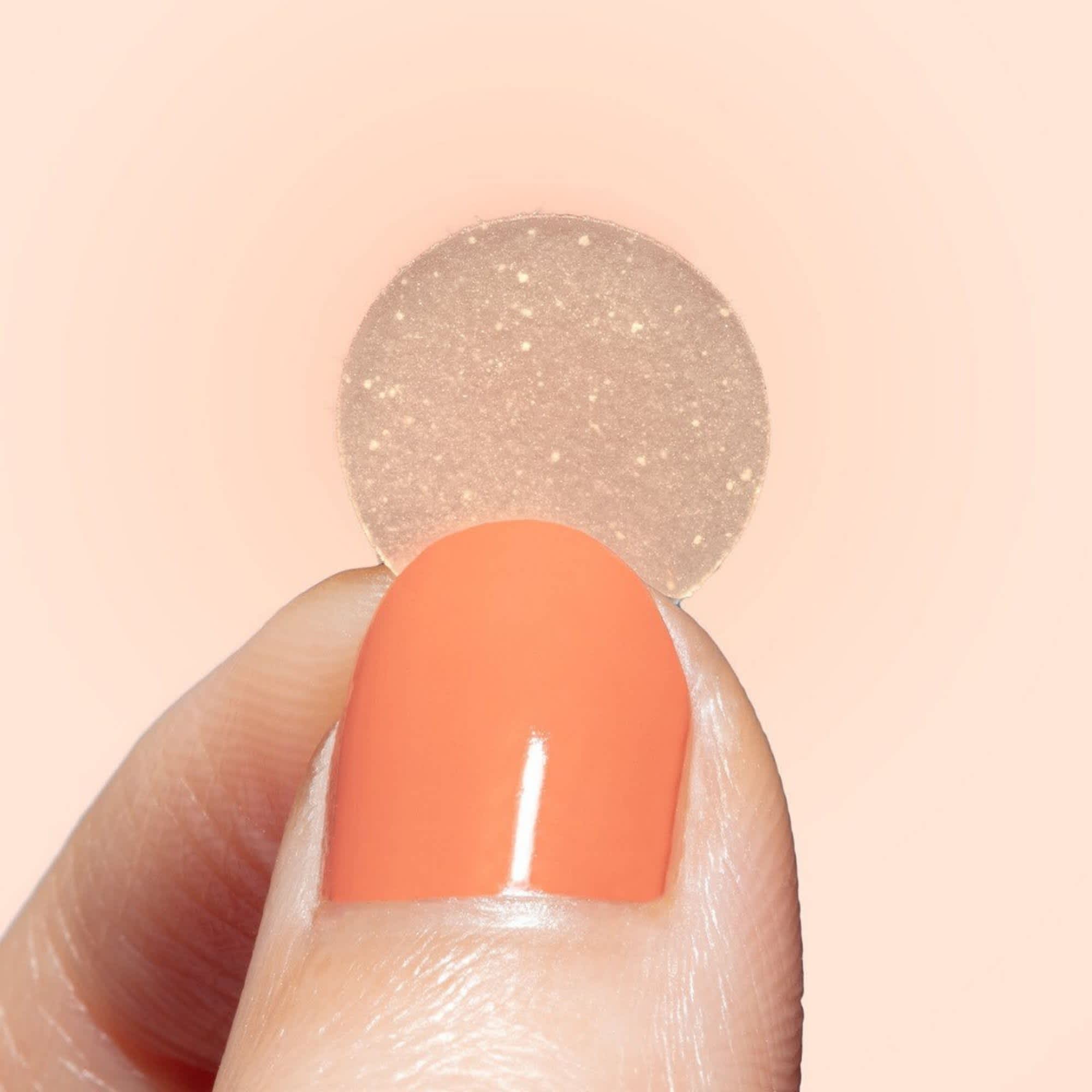
- POPSUGAR Australia
- Beauty
- When Topicals Don’t Make a Difference, It May Be Time to Ask About Oral Acne Medications
When Topicals Don’t Make a Difference, It May Be Time to Ask About Oral Acne Medications

Whether you’re a teenager experiencing your first bout of breakouts or an adult who thought your years of treating zits were way behind you, acne can prove challenging to get rid of. If you have persistent acne, you may need more than an over-the-counter topical to cure your breakouts – that’s where prescription acne treatments are typically recommended. But when all else fails, a dermatologist may prescribe an oral acne medication to clear up your skin.
Oral acne medications are not as frequently talked about as topicals, but they’re another option to explore and consider if you’re struggling with chronic acne that just won’t go away. Oftentimes, people who saw little to no success using topicals have seen their breakouts disappear almost completely on the right prescription. It all starts with consulting your dermatologist first.
There are three main types of acne medications – spironolactone, Isotretinoin, and oral antibiotics – and they all work in different ways, as well as have different pros and cons (like with any type of medication). If you are considering this route, here’s what you need to know about each, according to a dermatologist.
Oral Antibiotics
Oral antibiotics help kill the bacteria involved with acne, called cutibacterium acnes, and deliver anti-inflammatory effects in the skin to heal breakouts. While the side effects largely depend on the person, they can cause allergic reactions such as hives. “They can also render the skin sun-sensitive,” Kenneth Howe of Wexler Dermatology told POPSUGAR. “Rarely, the oral antibiotic minocycline can cause drug-induced lupus, a serious condition in which patients become quite ill.”
Spironolactone
Spironolactone was originally developed to treat high blood pressure, but is often prescribed for hormonal acne. “Many patients with hormonal acne do not respond to anything else,” Dr. Howe said. “Spironolactone works by blocking androgen activity. In so doing, it stops the development of pimples at their inception.”
Because it was intended to treat high blood pressure, there are a few side effects to take into account. “Spironolactone can cause elevated serum potassium levels, breast enlargement or tenderness, irregular periods,” Dr. Howe said. “Spironolactone can also cause dizziness if it lowers a patient’s blood pressure too much.”
Isotretinoin
You’ve probably heard both good and bad about the oral medication called Isotretinoin (or, as it was formerly called, Accutane); it’s the strongest, most powerful acne medicine. “A derivative of vitamin A, Isotretinoin is a powerful differentiating agent,” said Dr. Howe. “Put in simpler terms, it “teaches” the cells lining our follicles to shed properly so that they no longer form plugs. Isotretinoin also shrinks the enlarged oil glands characteristic of acne, down to normal size.”
While Isotretinoin is the most powerful acne-fighting medication it has quite a few risks associated with it. “It can cause dryness of skin and lips, sun sensitivity, skin fragility (you can’t get waxed while taking it), hair loss, liver irritation, temporary elevation of serum lipids such as triglycerides (these contribute to body fat), joint pain, and depression,” said Dr. Howe. Because of this, it’s not recommended for those who have a history of depression.
Things to Consider When Starting an Oral Medication for Acne
Before you’re prescribed an oral medication for your acne, you will have had to try and failed to respond to topical medications. Your dermatologist will then take several factors into account to determine if it’s the right decision for you. One of the first being the extent of the acne and if it’s affecting widespread areas. “This is especially true for truncal acne (back or chest acne), which is difficult to control with topicals due to the large area involved,” said Dr. Howe. Another factor to consider is the depth of the acne. “Deeper acne cysts are less likely to respond to topicals alone, and often require oral medication to clear.”
And of course, the type of acne you’re dealing with will be taken into consideration. “What I’m thinking of here is hormonal acne,” said Dr. Howe. “Hormonal acne occurs in young women, and is marked by perimenstrual acne flares. The pimples in these patients are usually deeper cysts and occur on the lower third of the face.”
The Long-Term Effects of Oral Acne Medications
While oral medications may clear up your acne almost completely while you’re taking them, many types are not long-term solutions. “Oral antibiotics and spironolactone work by suppressing acne,” said Dr. Howe. “That means that the acne will come back when you stop the medicine.” But that’s also not to say your acne won’t go away on its own while taking them. “Acne does burn out in most patients, so you should periodically stop spironolactone to see if you still need it.”
Isotretinoin, formerly known as Accutane, works differently. “It’s the only acne ‘cure’,” said Dr. Howe. “A five-month course of it clears about 50 to 60 percent of patient’s acne permanently.” But he explained that number is more accurate for teenage boys with acne, not young adult women. “The 16-year-old boy whose face is purple with acne is more likely to clear forever with a single course of Accutane than is a 27-year-old woman with stubborn zits on her face,” he said.
If you have breakouts that are unresponsive to topical acne medications, you should visit your dermatologist to explore other options.


